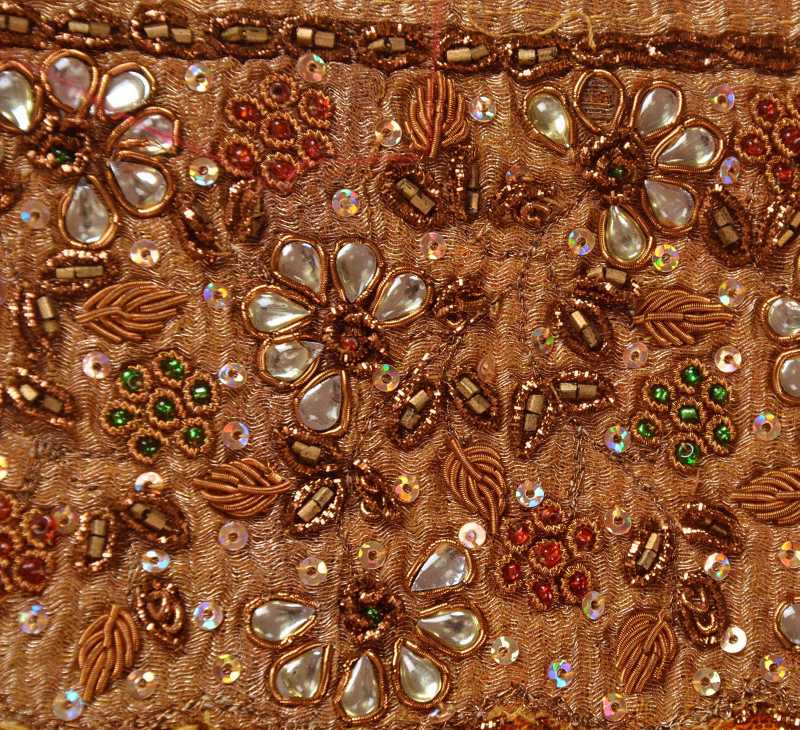===
0837,
1
===

=== |
 |
((ishq : 'Love, excessive love, passion (for, kaa )'. (Platts p.761)
rog : 'Sickness, disease, malady; infirmity, weakness; evil, worry, plague; fault, defect; difficulty, embarrassment'. (Platts p.607)
balaa : 'Trial, affliction, misfortune, calamity, evil, ill; a person or thing accounted a trial, affliction, &c.; evil genius, evil spirit, devil, fiend; a wonderful or extraordinary person or thing; an awful or terrible person or thing'. (Platts p.163)
FWP:
SETS
MOTIFS
NAMES
TERMS == REFRAINThese ghazals with the refrain of ((ishq are indeed a remarkable set. SRF provides an overview of them, which I've slightly supplemented and for which I've supplied links. He also tends in SSA to merge verses from different ham-:tar;h ghazals into a single ghazal, and I've disentangled the verses and presented those from each ghazal in divan order. It's hard to think of any other refrain that's as powerful in shaping the mood (and such a powerful mood!) as this one.
The only ghazal from this whole set of seven from which SRF has not chosen any verses is the one from the first divan, {252}. So let me just add its second, and final, verse:
tuu nah hove to na:zm kul u;Th jaa))e
sachche hai;N shaa((iraa;N ;xudaa hai ((ishq[if you would not exist, then the whole of poetry would arise [and depart]
the poets are truthful-- {the Lord is passion / passion is the Lord}]Note for translation fans: I translate ((ishq as 'passion' partly because I get tired of the ubiquity of the often limp and soggy 'love'; also, this choice frees up 'love' as a translation for mu;habbat and the like. It's very defensible, because ((ishq does have the sense of excess built into it (see the definition above), as 'passion' does in English. My only regret is that there isn't then a convenient counterpart for 'lover' and 'beloved'. Somehow 'passioner' and 'bepassioned' just don't cut it.